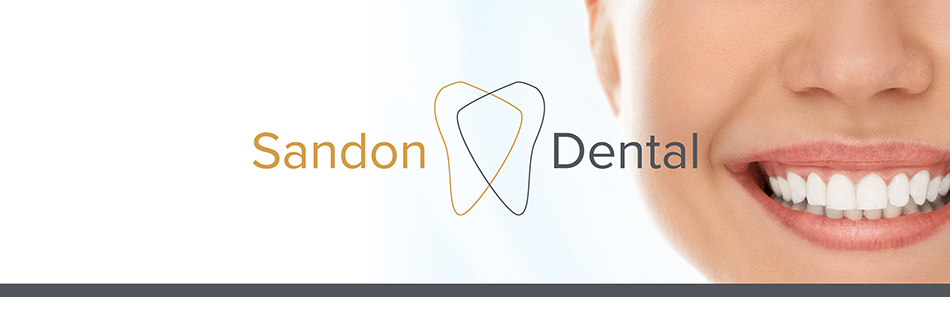Dental Factfiles

Dental Erosion
Dental erosion is the loss of enamel and dentine from the tooth as a result of direct acid attack. It can be caused by excessive exposure to acid substances such as fruit juices and fizzy drinks. It is an irreversible condition. Tooth erosion differs from tooth decay. Tooth decay is the progressive loss of tooth enamel by plaque acid attack. Bacteria in the mouth break down sugars into acids which then attack the teeth. The most common teeth affected by dental erosion are the upper front teeth, although all teeth can be affected. Teeth that have been eroded look glassy, can appear short, and have uneven tips that are easily chipped away. Teeth that have been eroded may become sensitive. Research has shown that erosion is very common (50% of 4-18-year-olds have some tooth erosion).
The source of acid that causes the erosion is either from an intrinsic source from within the body (e.g. acid from the stomach) or from an extrinsic source from outside the body (e.g. acidic foods, drinks or medicines). Intrinsic causes are vomiting and acid reflux (where acid from the stomach escapes up into the mouth) which can be caused by a hiatus hernia, obesity or certain drugs. Fruit juices and soft drinks, together with foods such as rhubarb and citrus fruits, are examples of extrinsic sources of acid.
Regular check ups at the dentist mean signs of erosion can be detected early. If dental erosion has been diagnosed the first stage is to record accurately how severe and extensive the damage is; this is best done by the dentist taking impressions of your teeth. The impression is cast in plaster and can be used to see if the amount of erosion is getting worse over a period of time.
For those affected by erosion it is important to:
- Limit acidic foods and drinks to meal times.
- Reduce the number of times during the day that acidic foods and drinks are consumed.
- Choose soft drinks which have no added sugar and have been shown to pose a negligible risk of tooth erosion.
- Finish meals with a small piece of cheese or a drink of milk.
- Delay brushing teeth immediately after having acidic foods or drinks.
It may be possible to improve the appearance of teeth that have been eroded with the use of adhesive filling materials, veneers or crowns. However, it is important that the cause of tooth erosion is identified first before this kind of dental treatment is undertaken.
Children's drinks
The best drinks for children's teeth are water or milk. Many people believe that natural fruit juices or squashes are the safest alternatives to water or milk. However, most contain fruit acids (often quite a lot). Even drinks marked - no added sugar - still contain acids that can cause tooth erosion. Fizzy drinks (whether diet or regular), fruit squashes, cocoa and milk shakes may all cause harm to teeth. The sugar in them can cause tooth decay whilst the acid in both normal and diet drinks dissolves the enamel on the teeth leading to erosion. Always dilute squashes correctly - follow the manu-facturer’s directions for use. Natural fruit juices should be diluted with water to reduce the risk of tooth damage, although even when very diluted, the acids are still there and can do harm to the teeth. Remember that if a child is genuinely thirsty they will always drink water! Water can be made more exciting by giving it in a special cup, adding ice or using a straw. If children require an alternative drink to milk or water look for a - no added sugar - squash that has been specially designed to pose a negligible risk of tooth erosion.
If comfort feeders and bottles containing sugary drinks are given to young children they can cause severe dental problems. Milk or water is the only drink that should be given in a baby's bottle. When using feeding bottles hold the baby until the feed is finished. Never leave a baby propped up with a bottle; they might choke and it's bad for their teeth. Never leave a bottle or feeder cup with a sweetened drink by a child's bed overnight.
REMEMBER
- Ideally a child should drink only milk, or water between meals - use a straw for all other drinks to help direct the drink right into the mouth and away from the teeth.
- Do not give concentrated drinks - always dilute them correctly and follow the manufacturer's directions for use.
- Sugary and acidic drinks, like fruit juices, squashes and fizzy drinks should only be taken at meal times.
- Take drinks over a short time, rather than constantly sipping at them over a long time, as this reduces the time that the drink is in contact with the teeth.
- After brushing teeth at bedtime, allow a child to drink only water afterwards.
- Cheese is very rich in calcium salts and is a - tooth friendly - food that helps to protect the tooth surfaces from acid attack.
- Always try and get sugar free liquid medicine formulas from the pharmacist.

